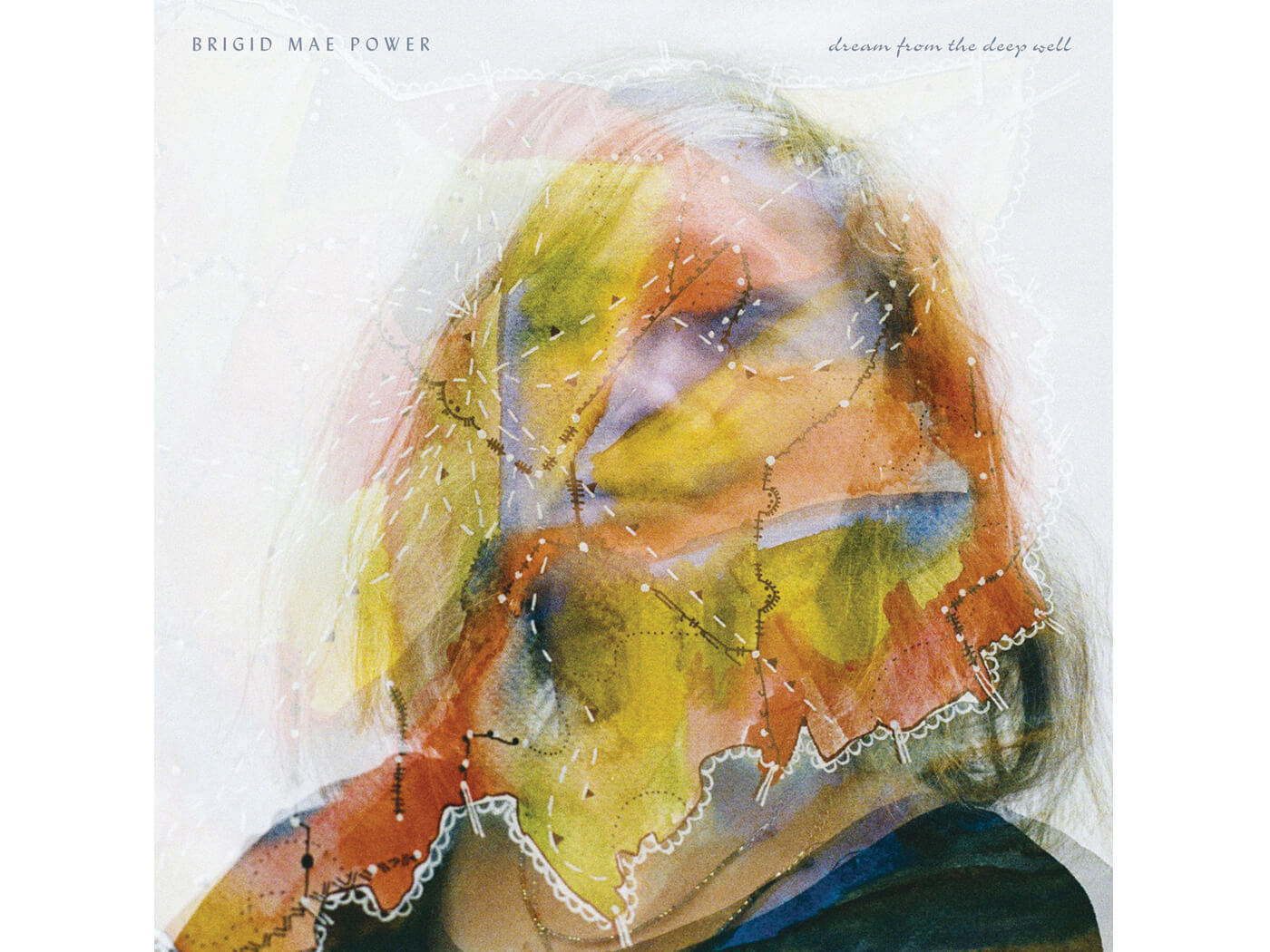The self-titled record from singer-songwriter and multi-instrumentalist Brigid Mae Power landed in 2016 with the grace and tremulous beauty of a butterfly, but carried with it the uncertain air of a recent storm. An understated yet resonant, folk-edged set, it was built from guitar, piano, strings, a prominent pump organ and Power’s sweet, pure voice, all of which lent her songs of troubled relationships and maternal responsibilities an intense expression. Cultish acclaim followed – along with a degree of voyeuristic interest in her past, which she later laid bare in a distressing blog post.
Subsequent recordings have included further articulations of her emotional states and agency (or perceived lack of it), borrowing from the classicism of Joni and Neil, Tim Buckley’s vocal style and dreamy, pastoral psychedelia. Folk traditionals have been a feature and in 2021 a covers EP paid homage to Patsy Cline and Dylan, among others. Now, shifting confidently between idioms and having made a kind of peace with her identity, Power looks poised to deliver to a wider audience.
There’s always been a hazy and reflective feel to her songs, but despite the title, her fourth is Power’s most resolute set yet. Though tidal drifting is still a feature and she’s again drawing on both traditional and modern song forms, suggesting kindred spirits from Vashti Bunyan and Judy Collins to Laura Veirs, there’s a new expansiveness in play. It’s as if she’s opened her chest to breathe deeper, all the better to vent emotions – disappointment, longing, quiet anger – but relate different stories, too. Production (shared with Peter Broderick, who’s also prominent on the playing front) is warm and in-the-room intimate.
Despite having eight new songs ready, Power has said she felt “very unprepared” in the run-up to Dream From The Deep Well, even writing some lyrics the night before recording. The process itself, though, sparked enough new ideas to complete the set, which was recorded mostly live to tape. Three of the tracks are from home recordings, while introducing accordion, harmonica and brass helped Power give the album what she described to Uncut as “a different colour scheme”. No loud primaries, of course, but some definite tonal brightening.
Belonging – ancestral, national, geographic – has long been a conflicted notion for Power, but here it’s more a source of inspiration. She opens the set with a slightly eerie interpretation of “I Know Who Is Sick”, an Irish traditional popularised in a much lustier form by The Clancy Brothers & Tommy Makem, and closes with the haunting “Down By The Glenside”, an Irish Republican song from the ’20s chosen for personal rather than political reasons.
Unsurprisingly, the fresh breeze blows stronger through the originals: “Counting Down” nods unmistakably to “Knockin’ On Heaven’s Door” but adopts an irresistible, country-pop swing that recalls a leaner Julia Jacklin. The song is a tender ode to maternal longing and domestic routine that also addresses Power’s occupational dilemma: “I’m not sure this is what it’s cracked out to be/I’m meeting new friends that always have to leave/I’m considering a new career/But all I can do is play music by ear”. “Maybe It’s Just Lightning” is both personal and universal, inspired by the singer’s early years as a single parent and, more recently, time spent with a mother and daughter from Ukraine. Set to a deceptively light, see-saw rhythm, it addresses the vastly underestimated maternal burden of (child)care and responsibility: “Going through the unimaginable/Doubted, judged and blamed/But still devoting her time to keeping you safe”.
The woozy sea shanty that is “Some Life You’ve Known”, with pedal-steel, accordion and Mellotron, reflects on a sad parting and is an album highlight. Another is “The Waterford Song”, which concerns Power’s relationship with her father’s Irish home and is driven by a strong psych-folk undertow over which her voice rises in a dulcet, wordless incantation. The album’s other cover is of Tim Buckley’s guitar-and-vibes evergreen “I Must Have Been Blind”, a hushed, spell-binding version on piano, violin and synth, Power’s voice suggesting a sweeter Judee Sill.
The title track lands late as the singer’s rebuke to those whose actions don’t square with their advocation of “peace and love”. That “deep well” is an enduring religious metaphor for redemption but rather than drink, Power encourages them to dream from it, thereby realising the potential of the human spirit in this world. Tradition, yes – but 21st-century realism, too.

